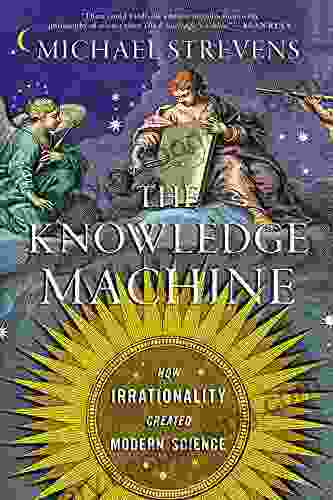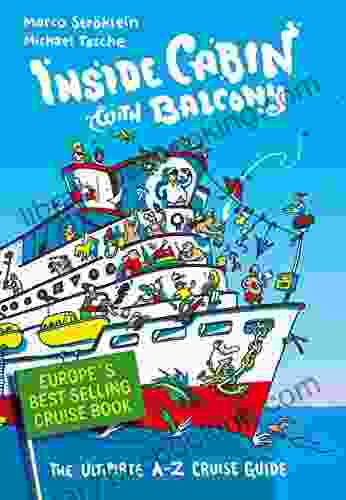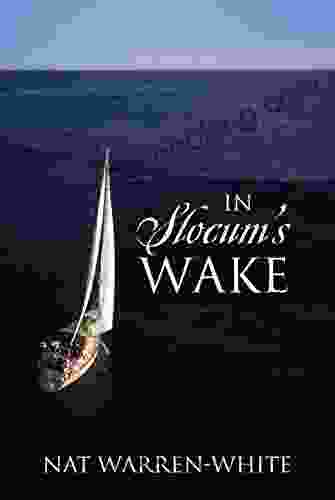The Knowledge Machine: How Irrationality Created Modern Science

By Michael Strevens
In his groundbreaking book, The Knowledge Machine, Michael Strevens argues that the scientific method is not as rational as we think. In fact, he says, it is often irrationality that drives scientific progress.
Strevens begins by showing how the scientific method is often based on hunches and guesses. Scientists don't always have all the evidence they need before they start experimenting. They often have to rely on their intuition and imagination to come up with new ideas.
4.4 out of 5
| Language | : | English |
| File size | : | 29552 KB |
| Text-to-Speech | : | Enabled |
| Screen Reader | : | Supported |
| Enhanced typesetting | : | Enabled |
| X-Ray | : | Enabled |
| Word Wise | : | Enabled |
| Print length | : | 368 pages |
Once scientists have come up with a new idea, they need to test it. But testing a new idea can be difficult and time-consuming. Scientists often have to overcome obstacles and setbacks before they can finally prove their hypothesis.
Even when scientists have proven their hypothesis, they still need to convince other scientists that their findings are valid. This can be a difficult process, especially if the new findings challenge existing beliefs.
Despite all of these challenges, the scientific method has been remarkably successful. It has led to the development of new technologies, new medicines, and new ways of understanding the world around us.
So how is it that the scientific method can be so successful, even though it is often based on irrationality? Strevens argues that it is because the scientific method is a self-correcting process. When scientists make mistakes, they can learn from their mistakes and improve their methods.
The scientific method is also a collaborative process. Scientists share their ideas with each other and work together to test and refine those ideas. This collaboration helps to ensure that the scientific method is constantly improving.
Strevens's book is a fascinating and thought-provoking look at the scientific method. He shows how the scientific method is not a perfect system, but it is the best system we have for generating new knowledge.
Praise for The Knowledge Machine
"A brilliant and original book that challenges our traditional understanding of science." —Steven Pinker
"A must-read for anyone interested in the history and philosophy of science." —Sean Carroll
"A groundbreaking work that will change the way we think about science." —The New York Times
About the Author
Michael Strevens is a professor of philosophy at the University of California, Berkeley. He is the author of several books on the philosophy of science, including Science as a Process and The Knowledge Machine.
4.4 out of 5
| Language | : | English |
| File size | : | 29552 KB |
| Text-to-Speech | : | Enabled |
| Screen Reader | : | Supported |
| Enhanced typesetting | : | Enabled |
| X-Ray | : | Enabled |
| Word Wise | : | Enabled |
| Print length | : | 368 pages |
Do you want to contribute by writing guest posts on this blog?
Please contact us and send us a resume of previous articles that you have written.
 Book
Book Novel
Novel Page
Page Chapter
Chapter Text
Text Story
Story Genre
Genre Reader
Reader Library
Library Paperback
Paperback E-book
E-book Magazine
Magazine Newspaper
Newspaper Paragraph
Paragraph Sentence
Sentence Bookmark
Bookmark Shelf
Shelf Glossary
Glossary Bibliography
Bibliography Foreword
Foreword Preface
Preface Synopsis
Synopsis Annotation
Annotation Footnote
Footnote Manuscript
Manuscript Scroll
Scroll Codex
Codex Tome
Tome Bestseller
Bestseller Classics
Classics Library card
Library card Narrative
Narrative Biography
Biography Autobiography
Autobiography Memoir
Memoir Reference
Reference Encyclopedia
Encyclopedia Lindsey Pointer
Lindsey Pointer Linda Byler
Linda Byler Simone Cave
Simone Cave Kupe Kupersmith
Kupe Kupersmith Rick Burgess
Rick Burgess Marie Arana
Marie Arana N Davis
N Davis Shankar Vedantam
Shankar Vedantam Patricia Gavin
Patricia Gavin Gina Devee
Gina Devee Peter Gedeck
Peter Gedeck Kris Safarova
Kris Safarova Shalini Shankar
Shalini Shankar Lilia Tarawa
Lilia Tarawa Maura Weis
Maura Weis Stefan Pabst
Stefan Pabst Otto Carius
Otto Carius Zac Thompson
Zac Thompson Todd R Tresidder
Todd R Tresidder Lynn Povich
Lynn Povich
Light bulbAdvertise smarter! Our strategic ad space ensures maximum exposure. Reserve your spot today!
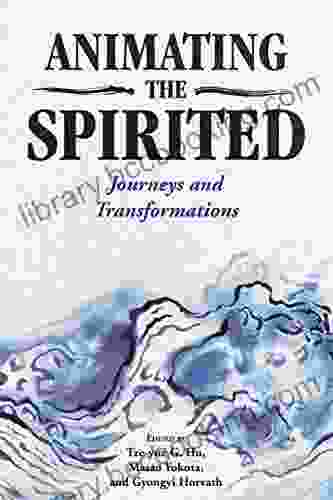
 Cameron ReedEmbark on a Spirited Odyssey: Uncover the Transformative Magic of "Animating...
Cameron ReedEmbark on a Spirited Odyssey: Uncover the Transformative Magic of "Animating...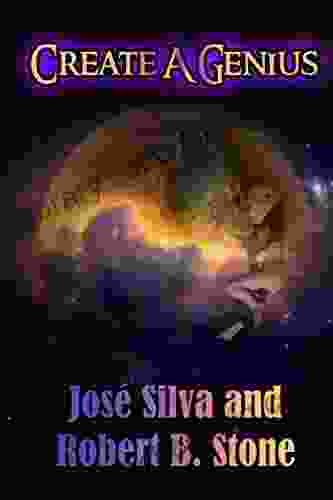
 Marcus BellEmpowering Creativity: A Voyage into the Realm of Genius with Robert Stone's...
Marcus BellEmpowering Creativity: A Voyage into the Realm of Genius with Robert Stone's... Nathaniel PowellFollow ·3.6k
Nathaniel PowellFollow ·3.6k Elton HayesFollow ·5.4k
Elton HayesFollow ·5.4k Mark TwainFollow ·5.7k
Mark TwainFollow ·5.7k Edward ReedFollow ·6.3k
Edward ReedFollow ·6.3k Ken FollettFollow ·17.4k
Ken FollettFollow ·17.4k Harvey BellFollow ·12.9k
Harvey BellFollow ·12.9k Andrew BellFollow ·13.4k
Andrew BellFollow ·13.4k Brody PowellFollow ·7.3k
Brody PowellFollow ·7.3k

 Brian Bell
Brian BellExploring The Natural World Through Mindful Expressive...
Unleash the...
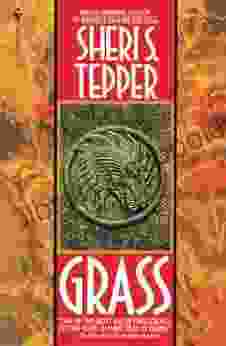
 David Baldacci
David BaldacciJourney into the Enigmatic World of "Grass" by Sheri S....
Prepare to be captivated by "Grass," a...

 Dashawn Hayes
Dashawn HayesBusting Myths About Human Nature: Unraveling the Complex...
Challenging the...

 Ernest Hemingway
Ernest HemingwayNotes on Suicide: A Profound Exploration of the...
Suicide, a taboo subject shrouded in...
4.4 out of 5
| Language | : | English |
| File size | : | 29552 KB |
| Text-to-Speech | : | Enabled |
| Screen Reader | : | Supported |
| Enhanced typesetting | : | Enabled |
| X-Ray | : | Enabled |
| Word Wise | : | Enabled |
| Print length | : | 368 pages |


